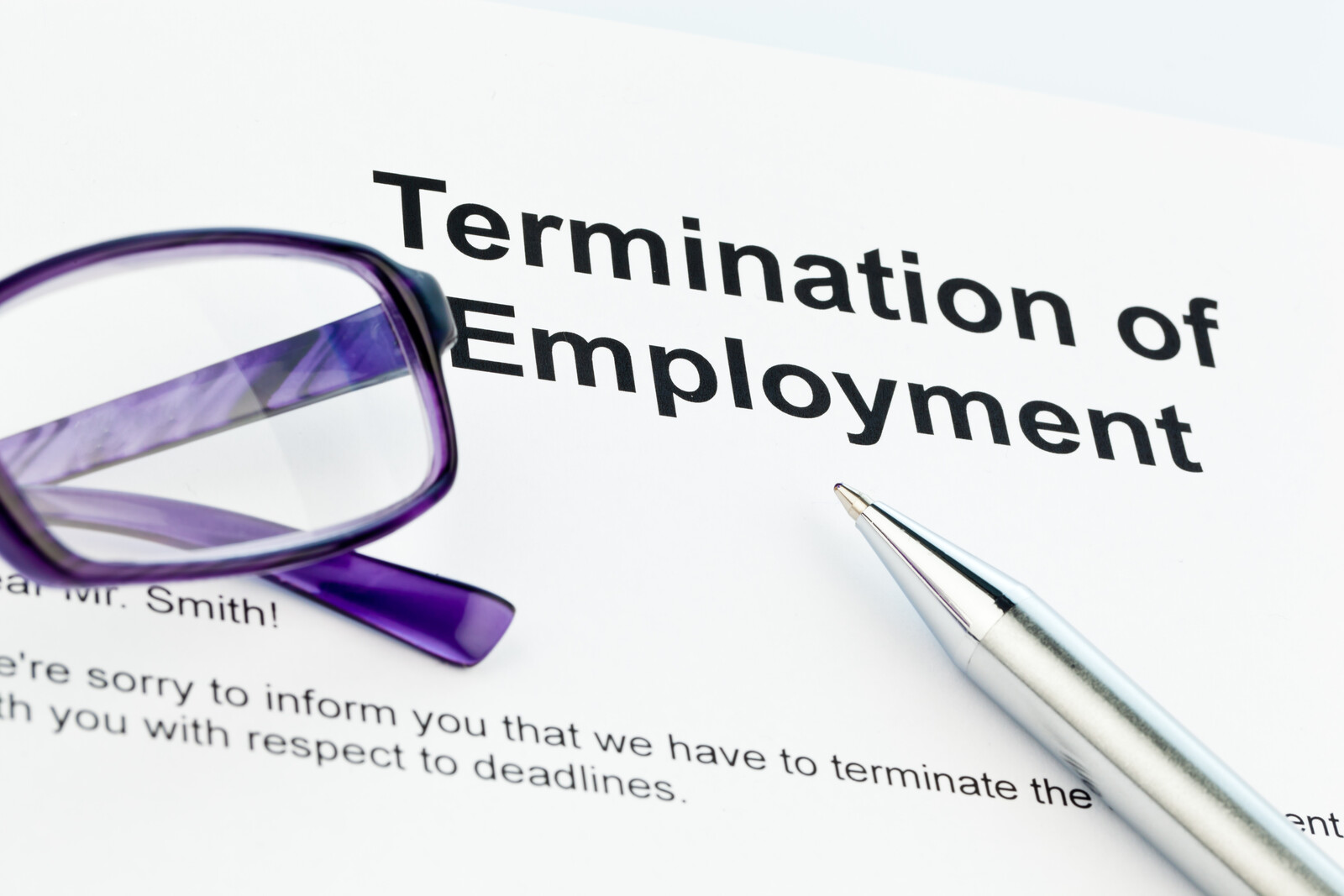Consideration on the Treatment of Casual Employees in the Workplace
The relationship between employers and casual employees is a significant aspect of the modern workforce. Recently, a case brought before the Fair Work Commission (FWC) shed light on the treatment of a casual employee working as a brow and lash artist for a beauty services company. The employee, who had been consistently working shifts, found herself removed from all future shifts after a hospital admission due to a domestic violence incident. This action prompted the FWC to deem it a deliberate decision and a dismissal.












